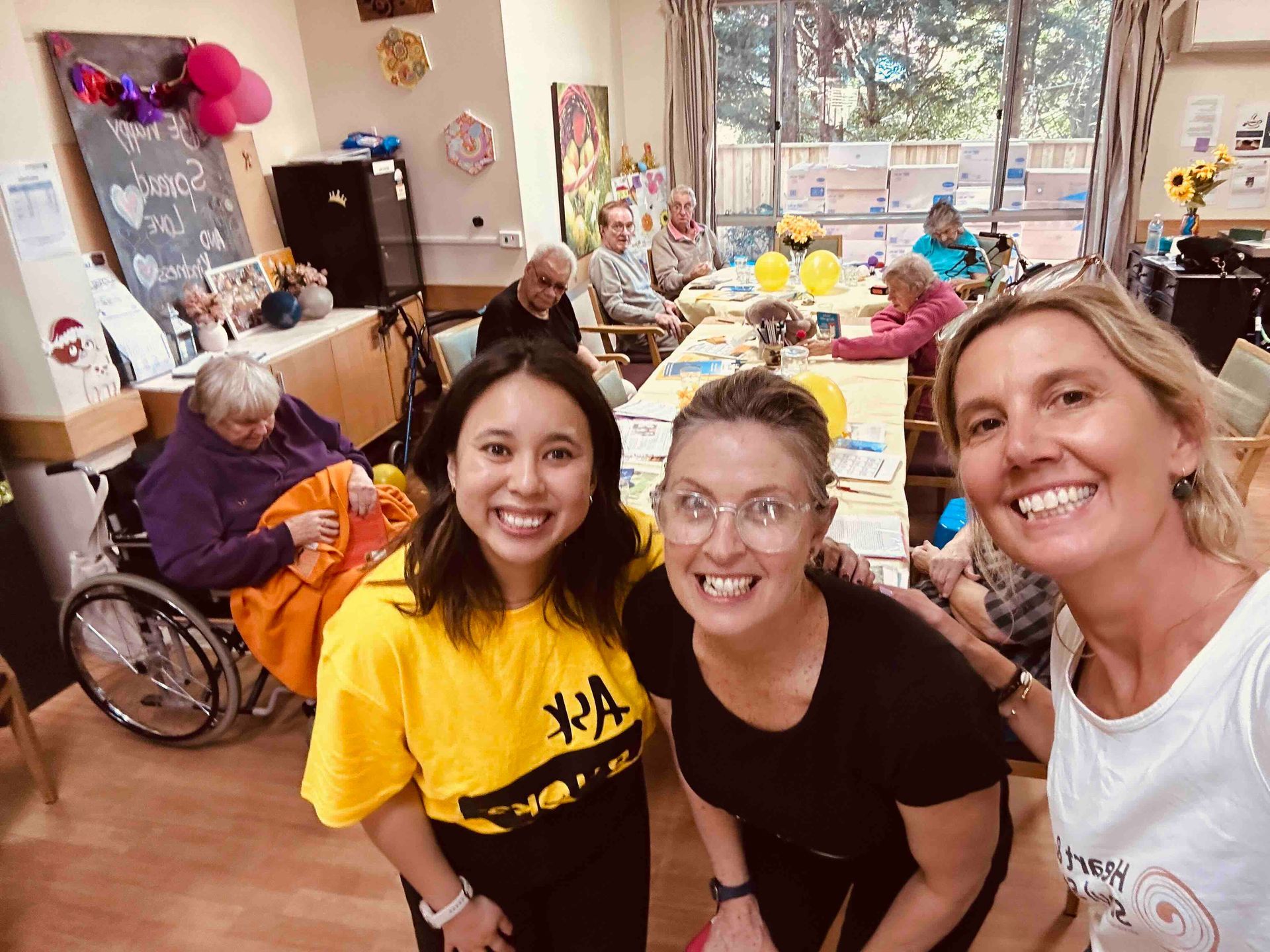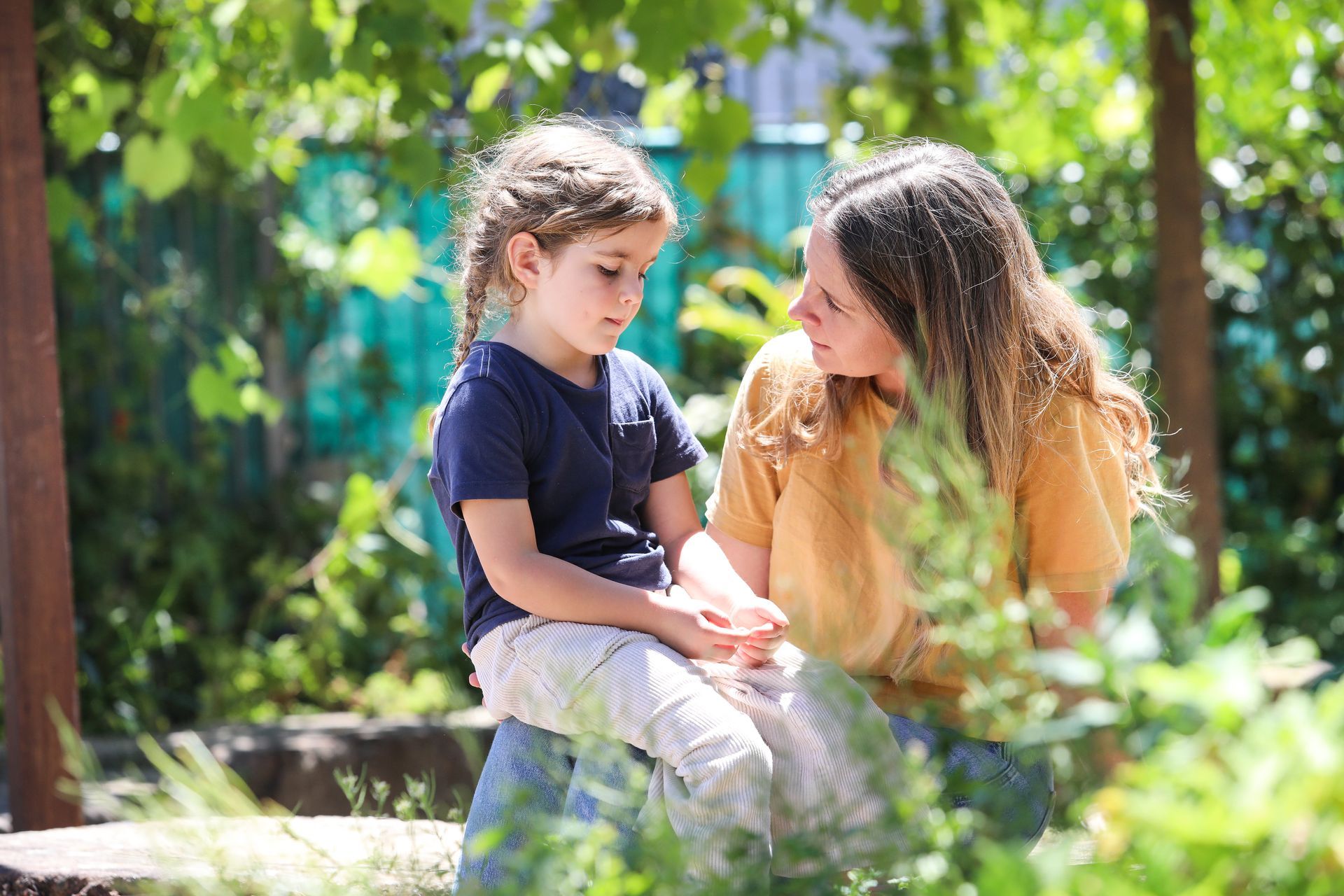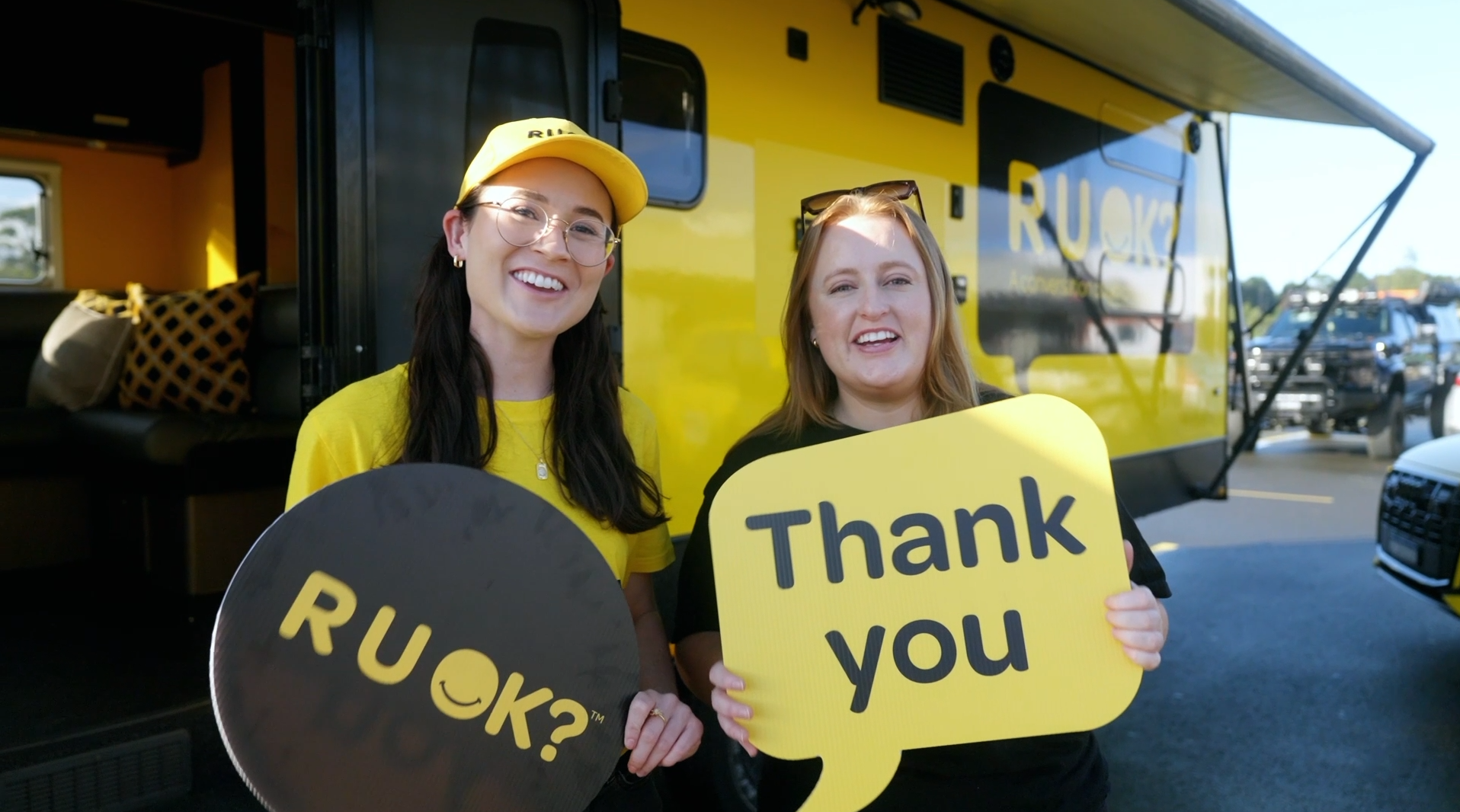#YouCanTalk About Suicide and Save Lives
In an Australian first, leading mental health and suicide prevention organisations are joining forces to support the general public to talk openly about suicide with their friends and family in a bid to save more lives.
Launching today, #YouCanTalk marks a new direction - and collaboration - for suicide prevention in Australia, led by beyondblue, Black Dog Institute, Everymind, headspace, Lifeline, ReachOut and R U OK?.
It is an unprecedented national campaign giving people the confidence and tools to ask direct questions about suicide if they observe signs family or friends are not themselves or appear deeply troubled.
#YouCanTalk is a direct response to a landmark survey of 3000 people in Australia that found many want to do more to prevent suicide in their communities, but don’t know how. This includes half of all respondents believing only mental health professionals can help prevent suicide, while 40 per cent worried talking about suicide made things worse.
The campaign aims to mobilise the community and empower family and friends to act as ‘eyes and ears’ to ensure their loved ones can get support before reaching crisis point.
This includes recognising the signs that someone may be thinking of suicide, how to talk about it openly and honestly and what to do if someone says they are not coping and need support.
By giving Australians the resources, training and support they need to help prevent suicide, #YouCanTalk will, in turn, seek to reduce suicide rates. In 2016, 2866 people died by suicide in Australia.
To find out how to safely talk about suicide, support the campaign or access support services follow #YouCanTalk on social media or go to www.lifeinmindaustralia.com.au/youcantalk.
THE QUOTES
“Our message is this: #YouCanTalk about suicide. Half the population think that they can’t. We are on a mission to partner with the community to prevent suicide in this country,” beyondblue CEO Georgie Harman said.
“The evidence is in: it is not harmful to ask someone if they are thinking about taking their own life or find out if they have made a plan. In fact, it could help. It’s important that we all know the facts about suicide and our prevention efforts are informed by what the research tells us,” Black Dog Institute Director Prof Helen Christensen said.
“Suicide is an issue that many find difficult to talk about, but it is an issue that is having major impacts on communities across Australia. #YouCanTalk is about giving people the confidence to have the conversation by connecting them to the tools that can support them,” Everymind Director Jaelea Skehan said.
“Suicide is not a silent killer. There are signs that we can all look out for, particularly when it comes to young people, who have a range of life stresses that may be masking something deeper,” headspace CEO Jason Trethowan said.
“Australia has world-leading suicide prevention services and we want to ensure people who need them access them. However, the reality is, not everyone will seek help themselves – they may firstly disclose their need to family and friends,” Lifeline CEO Bob Gilkes said.
“The more #YouCanTalk about suicide with your friends and family in an open, honest and empathetic way, the more lives we can save,” ReachOut CEO Jono Nicholas said.
“You know your friends and family best and you are best-placed to have an open conversation with them and help them find the right support if something isn’t right,” R U OK? CEO Brendan Maher said.
THE SIGNS
Indicators that someone might be at risk of suicide include:
- Withdrawing from friends, family and social activities.
- Change in their mood or extreme mood swings – sadness, agitation.
- Disinterest in maintaining personal hygiene or appearance.
- Uncharacteristically reckless behaviour, including increasing alcohol or drug use.
- Talking about death, suicide and wanting to die.
THE DOs & DON’Ts
DO
- Let your friend or loved one know you have noticed they’re behaving differently.
- If you feel uncertain and that your friend or loved one may be at risk, do ask the question. Are you having thoughts about suicide? Be prepared for the answer to be yes. Then listen with empathy and without judgement.
- Make sure they’re safe for now and support them to seek help.
- Don’t try to talk them out of suicide by reminding them ‘what they’ve got going for them’ or how much it would hurt their friends and family.
- Don’t try to fix their problems.
- Don’t dismiss it as ‘attention seeking’. Take them seriously and acknowledge the reasons they want to die.
Recent national research conducted by University of Melbourne found, via a representative survey of 3002 Australians:
- Almost 50% of participants believed that helping a person at risk of suicide requires the skill of a professional.
- About 40% of respondents believed that suicide happens without warning.
- About 40% believed that asking someone about suicide could make them start thinking about it.
- About 40% believed trying to help someone at risk could make the situation worse.






















